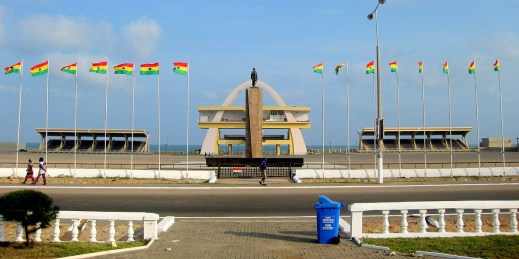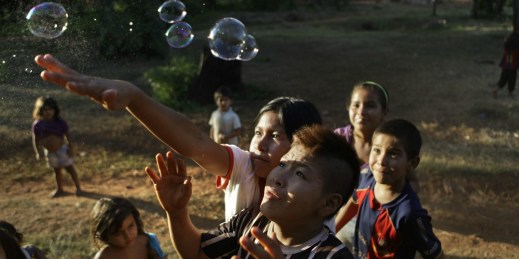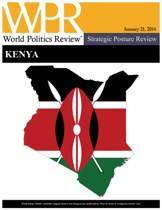
Governments have been collecting data on their citizens almost from the first moment that they came into being. Data was needed to determine what was out there that could be extracted: The Egyptian Pharaohs conducted a census to find out the scale of the available labor force to build the pyramids, and in the Roman Empire, the five-yearly census was all about finding out who was available for military service and what wealth existed to be taxed. But governments have also used data to find out what people needed: The ancient Babylonians collected data from their citizens nearly 6,000 years […]






